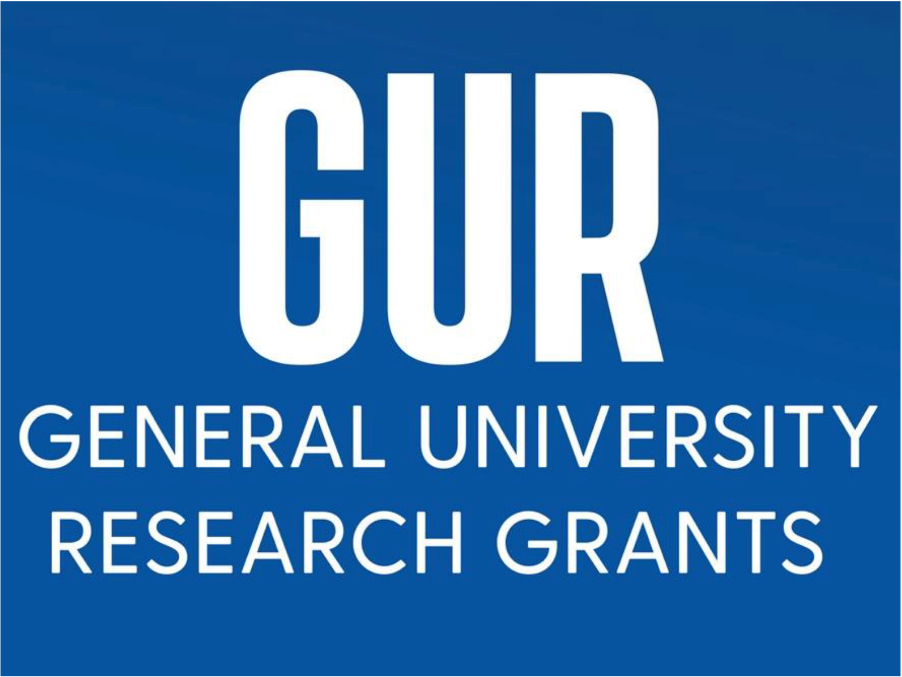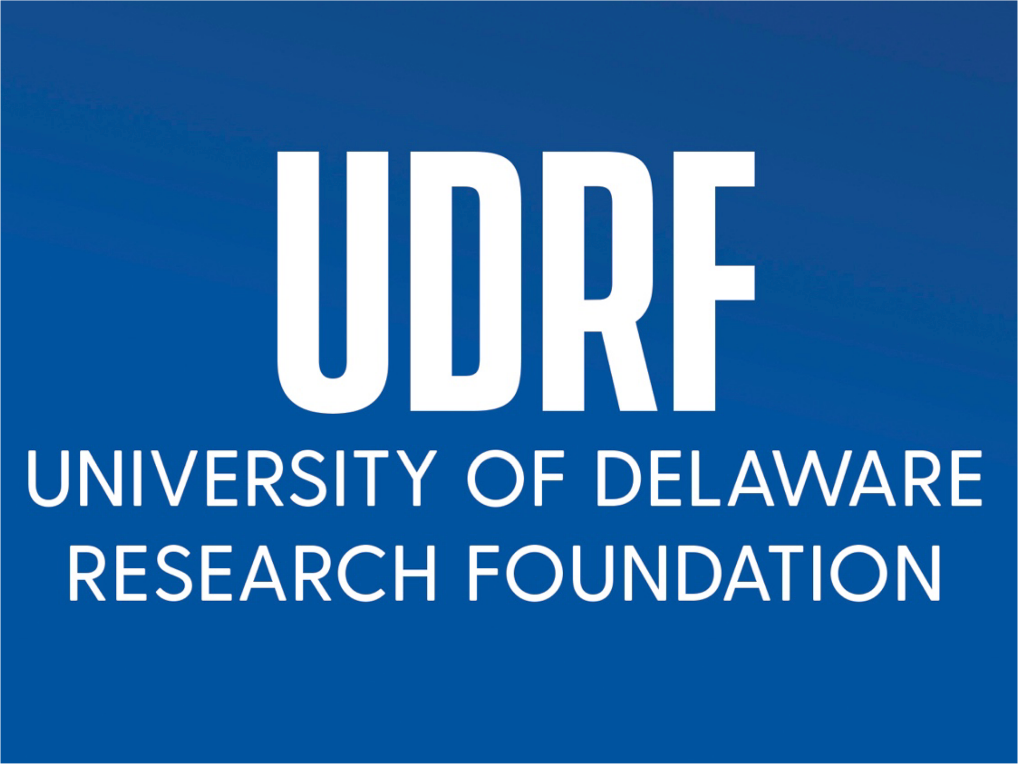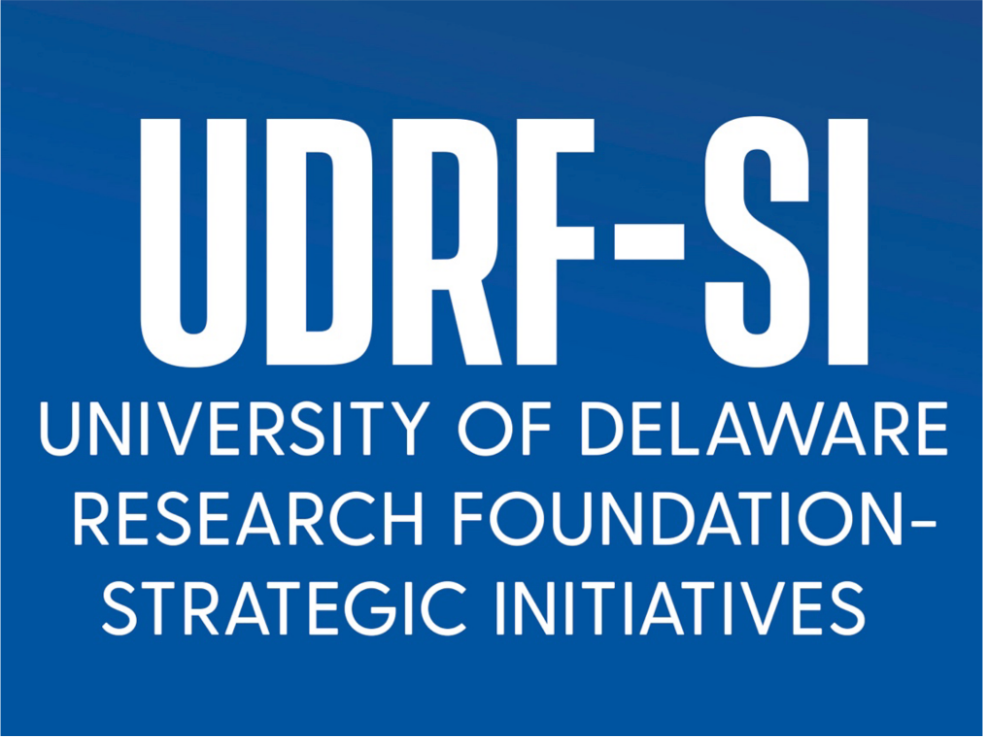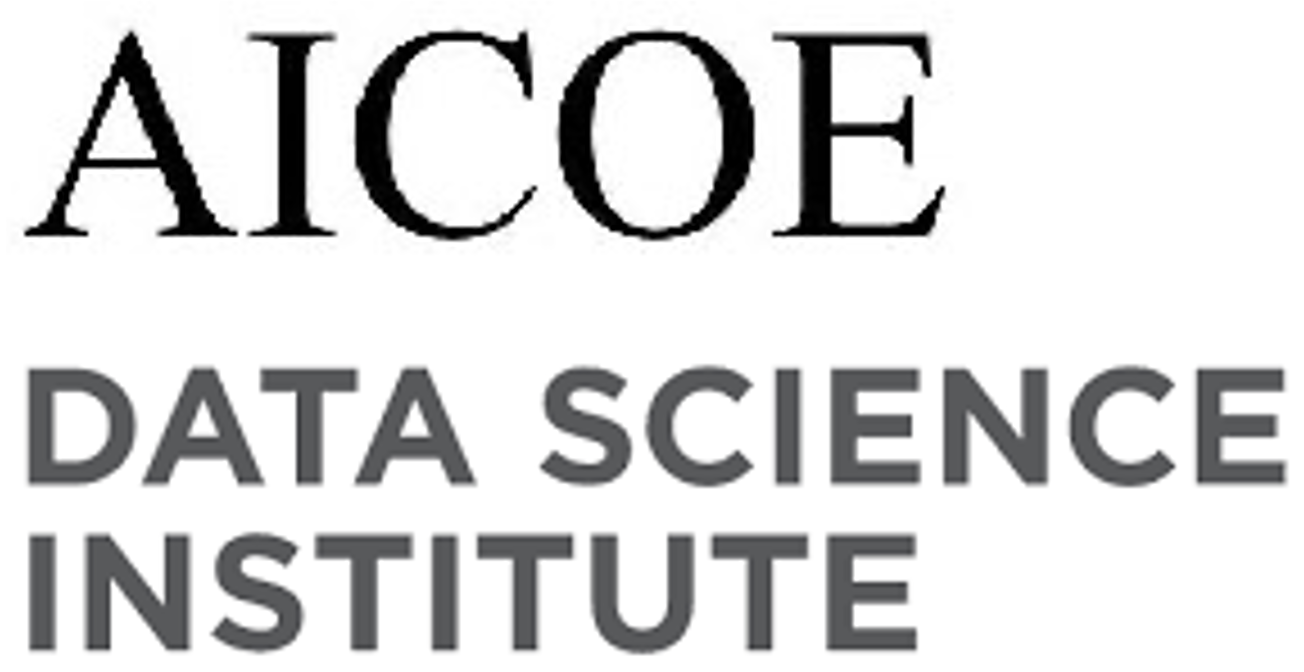Dr. Xi Peng, 彭曦
AI/ML Scientist & Educator
- Associate Professor, Computer Science
- Director, AI4Health Initiative
Office: 591 Collaboration Way, Newark, DE 19713
Welcome! I am an AI/ML Researcher and Educator working on Machine Learning, Computer Vision, and Safe Learning System. My research focuses on making AI systems reliable, transparent, and trustworthy by developing foundational models, algorithms, and theories.
My work advances safe AI and is applied in critical domains, including Geoscience, Health/Medicine, and Autonomous Systems. I lead the DeepREAL (Deep Robust & Explainable AI Lab). My group publishes in top-tier AI/ML venues such as NeurIPS, ICML, ICLR, CVPR, ICCV, and ECCV.
My research has been recognized with prestigious awards, including the NSF CAREER Award, DOD DEPSCoR Award, NIH R21 Award, Google Faculty Research Award, General University Research Award, and University of Delaware Research Foundation Award. I earned my Ph.D. in computer science from Rutgers University in 2018.
Foundations of Safe Machine Learning (SML) Methodology:
Use-inspired SML Applications:
I am honored with prestigious research awards for early-stage investigators:
My work won a series of paper awards in top-tier AI/ML conferences:
News and media about my research work:
During my tenure track (2019-2025), I have secured 17 research grants totaling over $7M. I am the Sole or Lead PI on 13 of these grants totaling over $4.5M. These grants come from federal, industry, and internal seeds.
Federal Grants:
Industrial Grants:
Internal Grants: UDRF (PI); GUR (PI); AICoE Seed (PI); DSI Seed (PI); UDRF-SI (Co-PI)
My teaching received an average of 4.35 out of 5 according to UD's internal evaluation and 4.7 out of 5 according to RateMyProfessors.com
Undergraduate-Level: CISC484: Intro to Machine Learning
Graduate-Level: CISC684: Intro to Machine Learning
Advanced Graduate-Level: CISC889: Advanced Topics in Machine Learning and Deep Neural Networks
Conference/Journal Committee:
Proposal and Grant Review Panels:
PhD students:
Alumni:
Visiting PhD student:
Undergraduate Researchers:
I have published over 60 papers in AI/ML and computer vision:
Selected publication from my group (Click here for a full list)
[ICML'25] Structure-informed Risk Minimization for Robust Ensemble Learning. [PDF]
[ICML'25] "Why Is There a Tumor?": Tell Me the Reason, Show Me the Evidence. [PDF]
[AAAI'25 Oral] Interpretable Failure Detection with Human-Level Concepts. [PDF]
[AAAI'25] Beyond Accuracy: On the Effects of Fine-tuning Towards Vision-Language Model's Prediction Rationality. [PDF]
[NeurIPS'24] Beyond Accuracy: Ensuring Correct Predictions with Correct Rationales. [PDF] [Code]
[NeurIPS'24] SeafloorAI: A Large-scale Vision-Language Dataset for Seafloor Geological Survey. [PDF] [Dataset]
[ICML'24] Ensemble Pruning for Out-of-distribution Generalization. [PDF] [Code]
[ICML'24] Beyond Federation: Topology-aware Federated Learning for Generalization to Unseen Clients. [PDF] [Code]
[ECCV'24 Strong Double Blind] DEAL: Disentangle and Localize Concept-level Explanations for VLM. [PDF] [Code]
[CIKM'24] Adaptive Cascading Network for Continual Test-Time Adaptation. [PDF] [Code]
[ICCV'23] Learning from Semantic Alignment between Unpaired Multiviews for Egocentric Video Recognition. [PDF] [Code]
[CVPR'23] Are Data-driven Explanations Robust against Out-of-Distribution Data?[PDF] [Code]
[ICLR'23] Topology-aware Robust Optimization for Out-of-Distribution Generalization. [PDF] [Code]
[TNNLS'23, IF=14.3] Semi-identical Twins Variational AutoEncoder for Few-Shot Learning. [PDF]
[TPAMI'22, IF=24.3] Out-of-Domain Generalization from a Single Source: An Uncertainty Quantification Approach. [PDF] [Code]
[TMM'22, IF=8.2] Region-aware Arbitrary-shaped Text Detection with Progressive Fusion. [PDF] [Code]
[CVPR'22] Are multimodal transformers robust to missing modality? [PDF] [Code]
[CVPR'22] Symmetry and uncertainty-aware object slam for 6dof object pose estimation. [PDF] [Code]
[NeurIPS'21W Best Paper Award] Deep learning for spatiotemporal modeling of Urbanization. [PDF] [Video-10m]
[ICLR'21 Spotlight] A good image generator is what you need for high-resolution video synthesis. [PDF] [Video-10m] [Code]
[CVPR'21] Uncertainty-guided Model Generalization to Unseen Domains. [PDF] [Video-5m] [Code]
[CVPR'21 Oral] Learning View-Disentangled Human Pose Representation by Contrastive Cross-View Mutual Information Maximization. [PDF] [Video-5m] [Code]
[AAAI'21] Multimodal learning with severely missing modality. [PDF] [Video-60s] [Video-15m] [Code]
[NSDI'21] Adapting Wireless Mesh Network Configuration from Simulation to Reality via Deep Learning-based Domain Adaptation. [PDF]
[IJCV'20, IF=11.5] Towards image-to-video translation: A structure-aware approach via multi-stage generative adversarial networks. [PDF]
[NeurIPS'20] Maximum-entropy adversarial data augmentation for improved generalization and robustness. [PDF] [Code]
[CVPR'20] Learning to learn single domain generalization. [PDF] [Video-60s] [Code]
[CVPR'20] Knowledge as priors: Cross-modal knowledge generalization for datasets without superior knowledge. [PDF] [Video-60s]
[TPAMI'19, IF=24.3] Towards Efficient U-Nets: A Coupled and Quantized Approach. [PDF]
[NeurIPS'19] Semantic-guided multi-attention localization for zero-shot learning. [PDF]
[NeurIPS'19] Rethinking kernel methods for node representation learning on graphs. [PDF] [Code]
[ICCV'19 Oral] AdaTransform: Adaptive Data Transformation. [PDF]
[CVPR'19] Semantic graph convolutional networks for 3d human pose regression. [PDF]
[KDD'19 Oral] Scalable Global Alignment Graph Kernel Using Random Features: From Node Embedding to Graph Embedding. [PDF]
[CVPR'18] Jointly optimize data and network training: Adversarial data augmentation in human pose estimation. [PDF]
[CVPR'18] A generative adversarial approach for zero-shot learning from noisy texts. [PDF]
[ECCV'18] Quantized densely connected u-nets for efficient landmark localization. [PDF]
[ECCV'18] Learning to forecast and refine residual motion for image-to-video generation. [PDF]
[IJCAI'18] Cr-gan: Learning complete representations for multi-view generation. [PDF]
[IJCV'18, IF=11.5] Red-net: A recurrent encoder-decoder network for video-based face alignment. [PDF]
[IJCV'18, IF=11.5] Toward personalized modeling: Incremental and ensemble alignment for sequential faces in the wild. [PDF]
[ICCV'17] Reconstruction-based disentanglement for pose-invariant face recognition. [PDF]
[ECCV'16 Best Student Paper Finalist] A recurrent encoder-decoder network for sequential face alignment. [PDF]
[ICCV'15] PIEFA: Personalized incremental and ensemble face alignment. [PDF]










